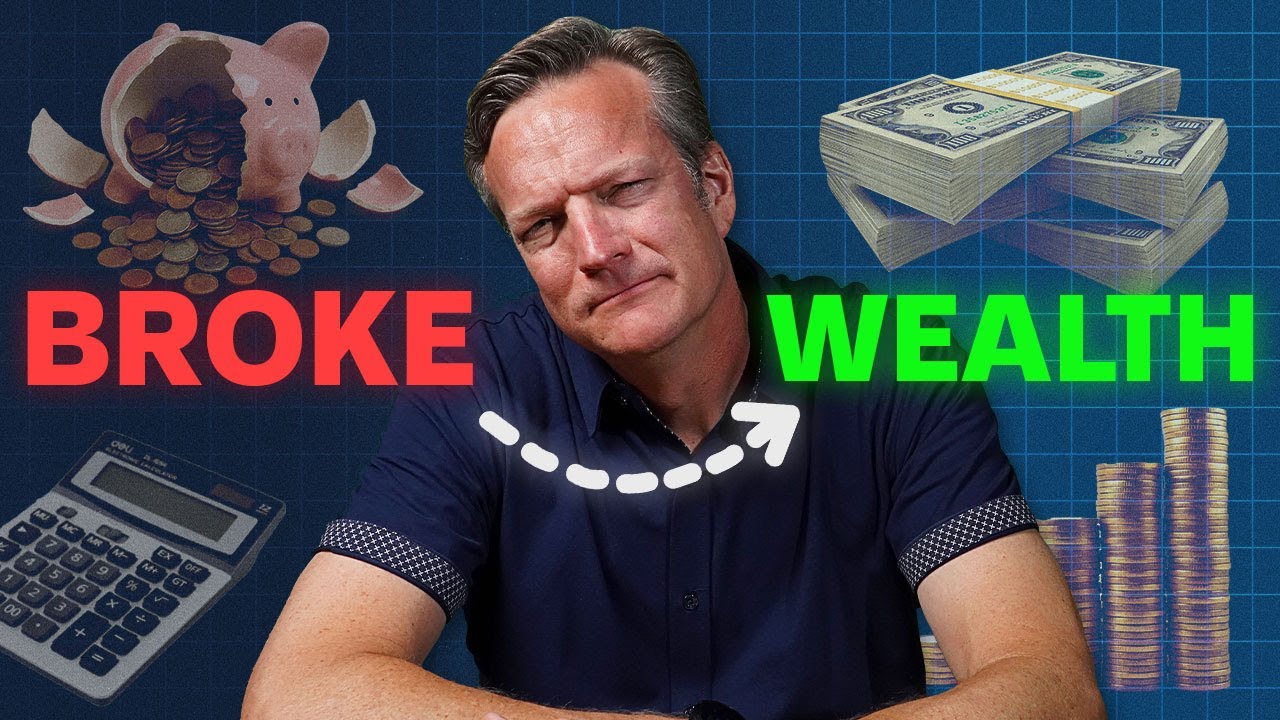Next up, we have a question from Casey. They say, "Hi, I'm DIYing my Roth IRA investments. What should I consider in investing? How would you approach Target date index funds versus total market index funds? Should I invest more in one than the other? What do you think?"
Do you mind if I jump in first because you've been so good and mature to me? I tried to complicate this because we're nerds. We're financial nerds, and we really hyper-focus on this stuff. I came to Bo because we've always said we love index investing since it outperforms the majority of active managers over the long term. Like, if you go out 10 to 15 years, about 80 percent of active managers underperform the index funds. You can see that data yourself from SPIVA. But I outsmarted myself in the fact that I love Target retirement funds, especially index Target retirement funds, because they let you buy index funds, which we just shared why we like those—they're also very tax-efficient. But I always worry people are going to screw it up for themselves. They forget to set it and forget it, and then they don't actually change. And you're like, 'Why would you have that?' I have a bias because I see all of your 401k statements and everybody who comes to us with accounts. I can pretty much tell you what decade you did what based upon your investment accounts and when you set them up because they just reflect that. For some of you who are younger, you're like, 'What is he talking about?' But, like, people who came into the workforce in the '90s, I'll see where they have the Seligman Info and Tech fund, and now they'll have the Janus 20, and I'll be like, "Whoa, I haven't seen these things. These are blasts from the past." But this is the type of stuff that I have seen in portfolios, and people get trapped, and they outsmart themselves. So I came to you, and I was like, "Oh, maybe we tell people from 30 and beyond to use index Target retirement funds, but for those in their 20s, let's just keep it simple and just tell them to use the total market index. What could go wrong?" And you're like, "No, that's a bad idea." I'll let you finish the story from there.
What ends up happening is we forget to change, or we become accustomed to a highly concentrated portfolio, and as our wealth grows, we don't necessarily want to have a highly concentrated portfolio. We want to have a well-diversified portfolio. We want something that adjusts as we age; our portfolio should shift and change. Casey, I think what's really interesting is that the answer to your question depends on where you are in your financial journey. If you're still in the early accumulation phase—which I'm going to say is pre-three, four, five hundred thousand dollars of investable assets—I think that a Target retirement index fund is a fantastic solution. All you have to do is focus on two things:
how much can I save, and when do I want to retire? Answer those two questions—that is it. If you want to go to the total market, we'd have to say, "Okay, do I go buy a total market, or the US S&P 500? Do I go with small-cap or do total world? Do I do all world ex-US?" It just gets really complicated, and I don't know that it adds a ton of value because what we want you focused on is saving, saving, saving, saving, saving.
Now, once your assets do hit critical mass—once you do cross over, let's say, $500,000 of investable assets—well, now maybe, instead of a generalized solution like a Target retirement index fund, you ought to think about an individualized solution. Something that focuses on your unique risk tolerance, risk capacity, goals, constraints, liquidity needs so that you can say, "Alright, now I've got my Roth. I know that inside of a Roth because it's a tax-free account, I want to hold my high-growth assets—all the things that are really going to do well—those are my small-cap index funds, large-cap index funds, international—whatever you deem as high growth. So that then inside my 401k, there I want to hold my conservative, risk-off stuff—my fixed income funds, maybe alternative funds. And in my taxable account, there I want to hold the stuff that spits out qualified dividends or capital gain distributions or things like that." So you can focus not just on the asset allocation but the asset location. I don't think that someone who's early on in their journey—I don't think it's something they should focus on. Don't major in the minors early on; just focus on the big things that have a big impact. Early on in your financial journey, your rate of return is far less important than your savings rate. So make your savings rate the emphasis, not your rate of return. Don't get caught up in that. And if you're curious because we can't make specific recommendations, but the biggest providers of index Target retirement funds are Fidelity Investments with their indexed Fidelity Freedom funds, Vanguard with their Target retirement funds, and Schwab has their own Target retirement funds that invest in index funds. Those are the three biggest providers. Go do some research on those things; that's a great place to start your due diligence. Love it.













